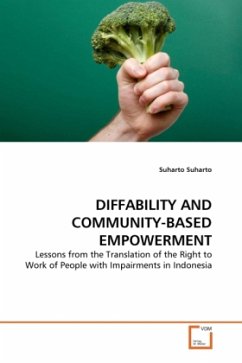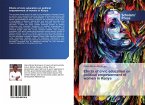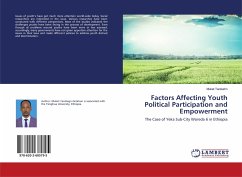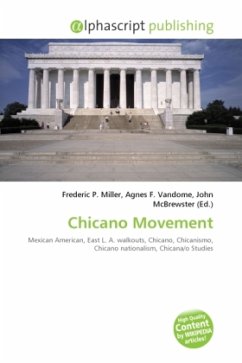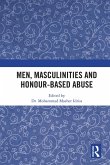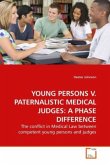This book brings a critical thinking of who are currently so called disabled people and why a famous rehabilitation model of Community-based Rehabilitation (CBR) is insufficient to empower these people. It explains this criticism by analyzing the translation of the right to work of the impaired during post-disaster interventions in the aftermath of the 2006 earthquake in Klaten Regency, Central Java, Indonesia from 2006 to 2010. Analyzing the fact that even physically impaired because of the quake, the survivors still have many abilities; this book guides us to redefine disability into different-ability (diffability) and to seek a development strategy which fits with this understanding. Eventually, this study comes to the development of Community-based Empowerment (CBE) concept which is a re-conceptualization from the CBR. Using the socio-legal concept as the analytical framework, coupled with the paradigm of social model of diffability, this study has found that those new concepts perform a foundation in developing a strategy of translating diffabled people's right to work in particular, and contribute diffability empowerment framework in general.
